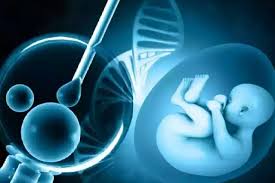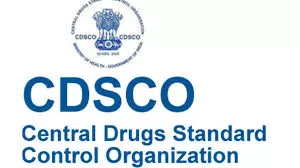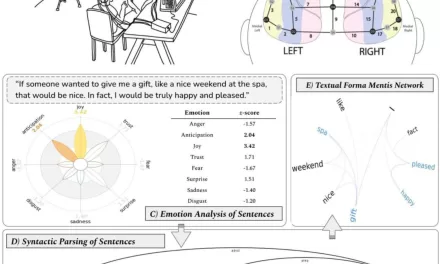Munich, June 2024 – Groundbreaking research led by Dr. Raffaele Teperino, head of the “Environmental Epigenetics” research group at Helmholtz Munich, has shed light on the significant impact of paternal diet on children’s health. The study, focusing on the period before conception, reveals how paternal body weight and diet influence children’s susceptibility to metabolic diseases.
The team’s research, utilizing data from the extensive LIFE Child cohort comprising over 3,000 families, highlights a compelling connection: the father’s body weight notably affects the child’s weight and risk of metabolic diseases, independent of the mother’s weight, genetics, or environmental factors. This revelation underscores the crucial role of paternal health in shaping offspring health outcomes.
Uncovering the Mechanisms: The Role of Mitochondrial tRNA Fragments
Central to this discovery is the role of mitochondrial tRNA fragments (mt-tsRNAs) found in sperm. These small RNA molecules are pivotal in regulating gene expression and thus play a key role in the inheritance of health traits. The researchers’ analyses demonstrated that variations in paternal diet, particularly a high-fat diet, have profound effects on these RNA fragments.
Experimental Validation: From Mice to Embryos
To validate their findings, the research team conducted controlled experiments with mice. Mice fed a high-fat diet exhibited changes in their reproductive organs, specifically the epididymis, where sperm mature. Dr. Teperino notes, “Our study shows that sperm exposed to a high-fat diet in the mouse epididymis led to offspring with an increased tendency to metabolic diseases.”
Further experiments involving in-vitro fertilization revealed that embryos created using sperm from high-fat diet-exposed mice carried mt-tsRNAs, which significantly influenced gene expression in early development stages. This influence on gene expression was linked to subsequent health issues in the offspring.
Epigenetics: A Transgenerational Link
The study bolsters the hypothesis that phenotypes acquired during life, such as diabetes and obesity, can be transmitted across generations through epigenetic mechanisms. Prof. Martin Hrabě de Angelis, co-author of the study and Research Director at Helmholtz Munich, elaborates, “Epigenetics serves as a molecular link between the environment and the genome, even across generational boundaries. This transmission occurs not only through the maternal line but also, as our research indicates, through the paternal line.”
Implications for Preventive Health Care
The implications of these findings are far-reaching. Dr. Teperino advocates for greater emphasis on preventive health care for men planning to become fathers. “Our results suggest that preventive health care for men wishing to become fathers should receive more attention and that programs should be developed for this purpose, especially with regard to diet,” says Teperino. Such measures could potentially reduce the risk of diseases like obesity and diabetes in future generations.
Background: The Indirect Influence of Fathers
Mitochondria, often termed the powerhouses of the cell, contain their own DNA, separate from the nuclear DNA. Traditionally, mitochondrial DNA (mt-DNA) was considered maternally inherited. However, recent studies, including this one, reveal that sperm also carry mt-RNA fragments into the egg during fertilization. These mt-tsRNAs regulate gene expression in the early embryo, indirectly influencing the development and health of the offspring by modifying mitochondrial gene activity.
This study highlights the previously underappreciated role fathers play in the genetic imprinting of mitochondria and the subsequent energy metabolism of their children. The research from Helmholtz Munich thus marks a significant advancement in understanding the intricate ways parental health influences offspring well-being, paving the way for novel approaches to preventive health care.












